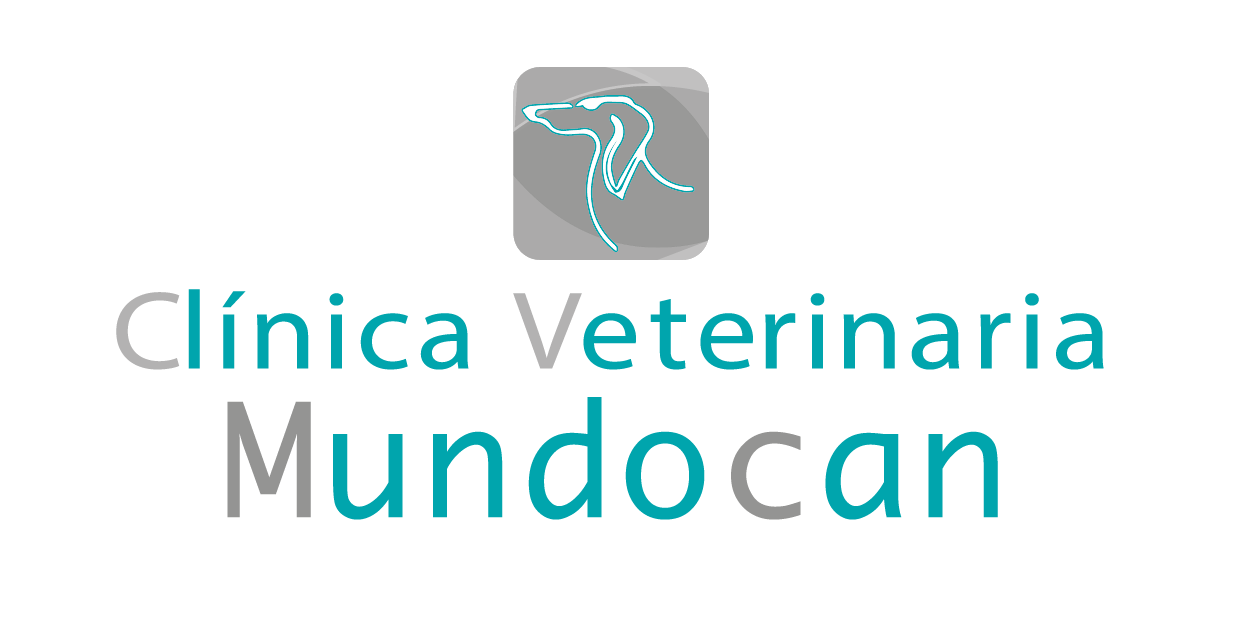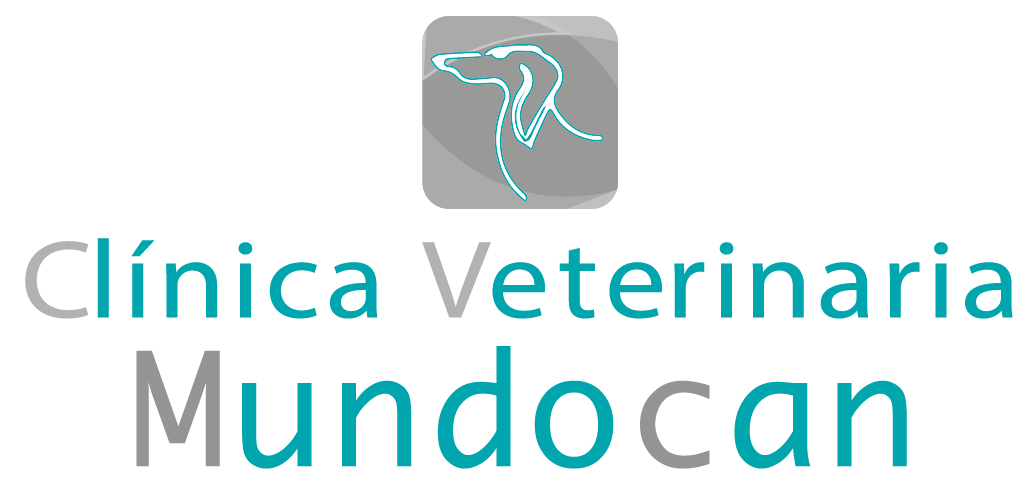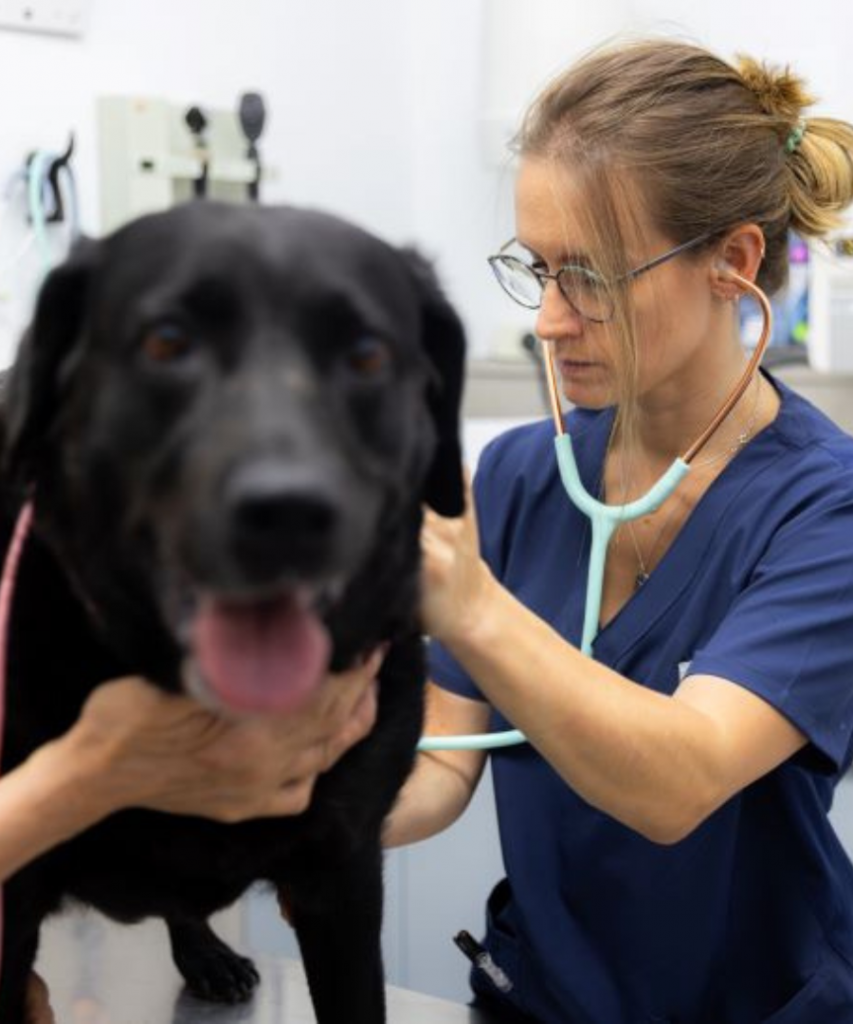UNAVETS HEALTHCARE S.L. is the Controller of the personal data of the Data Subject and informs them that these data will be processed in accordance with the provisions of Regulation (EU) 2016/679, of 27 April 2016 (GDPR), and therefore the following information on the processing is provided:
- Purposes of the data processing: as specified in the cookies section which are used on this website.
- Legitimisation of the processing: except in cases where it is necessary for web browsing, by consent of the data subject (art. 6.1 GDPR).
- Data storage criteria: as specified in the cookies section used on the website.
- Data communication: data will not be disclosed to third parties, except in cookies owned by third parties or under legal obligation.
Rights of the Data Subject:
- Right to withdraw consent at any
- Right of access, rectification, portability and erasure of data and the limitation or objection to their processing. The right to file a claim with the Spanish Supervisory Authority (www.aepd.es) if you consider that the processing does not comply with current legislation.
Contact information to exercise their rights:
- UNAVETS HEALTHCARE S.L.. CALLE FRANCISCO SILVELA, 42 – 28028 MADRID (Madrid).
- E-mail: [email protected]
Contact details of the data protection officer:




